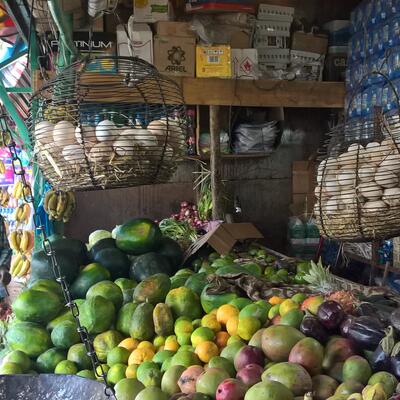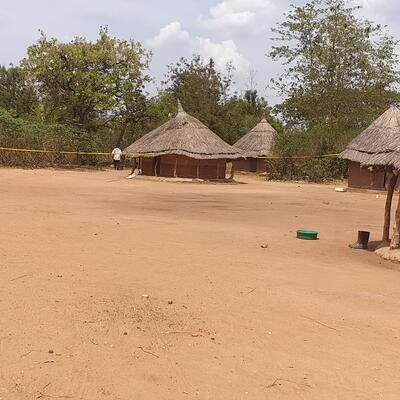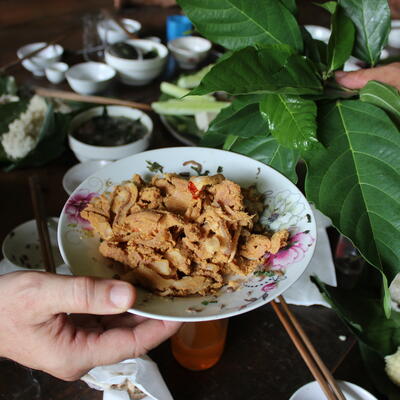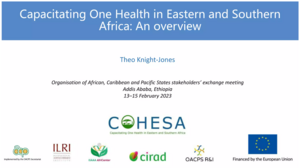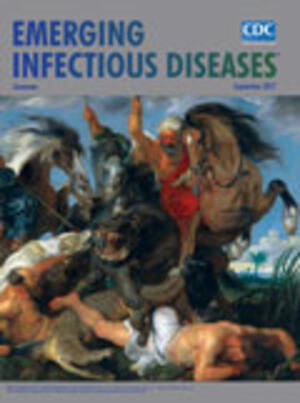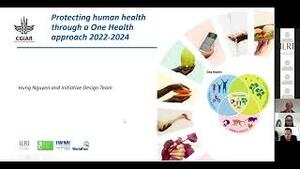
ILRI policy brief on food safety in the smallholder pig value chain in Vietnam
Nearly two in every 10 consumers of pork in Vietnam get sick yearly from salmonellosis and a staggering USD 2.5 to 7.6 million is spent on hospital costs in the country yearly due to food-borne diarrhoea.
Food safety is a popular subject in Vietnam, particularly in relation to pork, which accounts for 75% of total meat consumed daily by households.
From 2012 to 2017, the International Livestock Research Institute (ILRI) led a research project, which was funded by the Australian Centre for International Agricultural Research, on improving pork safety in the smallholder value chain in two provinces of Hung Yen (Red Mekong Delta) and Nghe An (Central Vietnam), known as PigRISK.
This ILRI brief highlights key policy messages from the project’s findings, which include.
- Biological contamination is the main cause of health risks, while chemical-associated hazards are less important. Enhancing risk communications is critical to improving the ways that related agencies inform the public of health risks.
- Strengthening hygiene practices along the pig value chain through the provision of training and clear guidelines plays an equally important role to infrastructure investment. More attention should be paid to improving hygiene practices to ensure food safety. However, behavioural change requires the provision of incentives.
- Interventions also need to target consumers to manage the risk of cross-contamination at household level when handling pork.
- High disease burden (17%) due to the consumption of Salmonella contaminated pork requires better reporting mechanisms and surveillance systems for food-borne diseases at all levels.
Download the policy brief: Food safety in the smallholder pig value chain in Vietnam: Understanding complexities and adjusting policies










